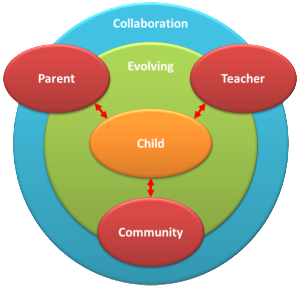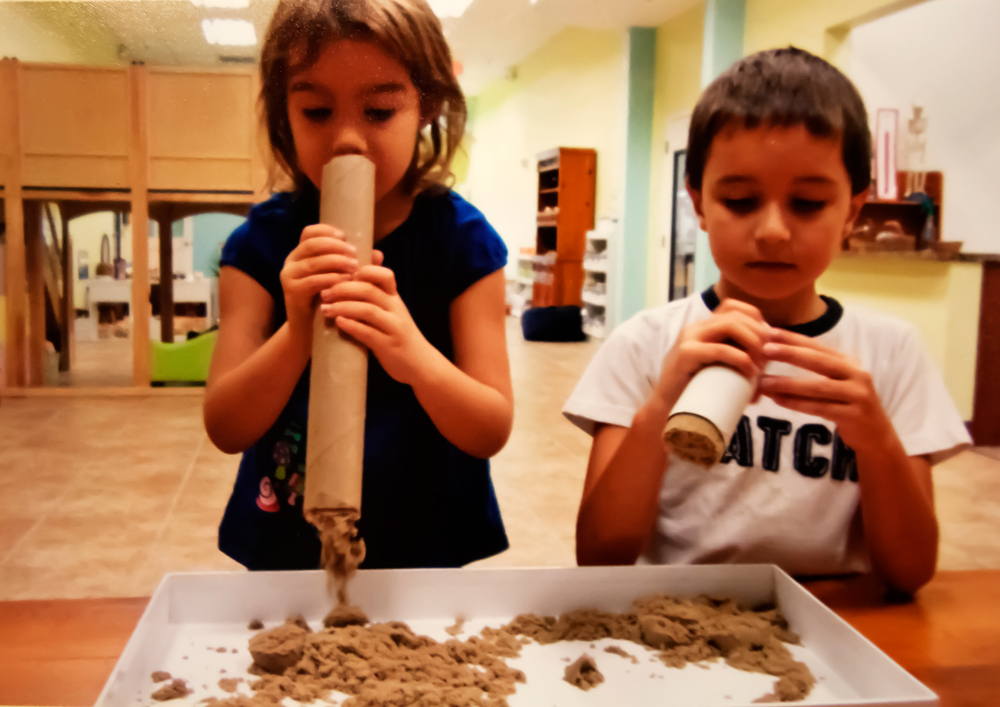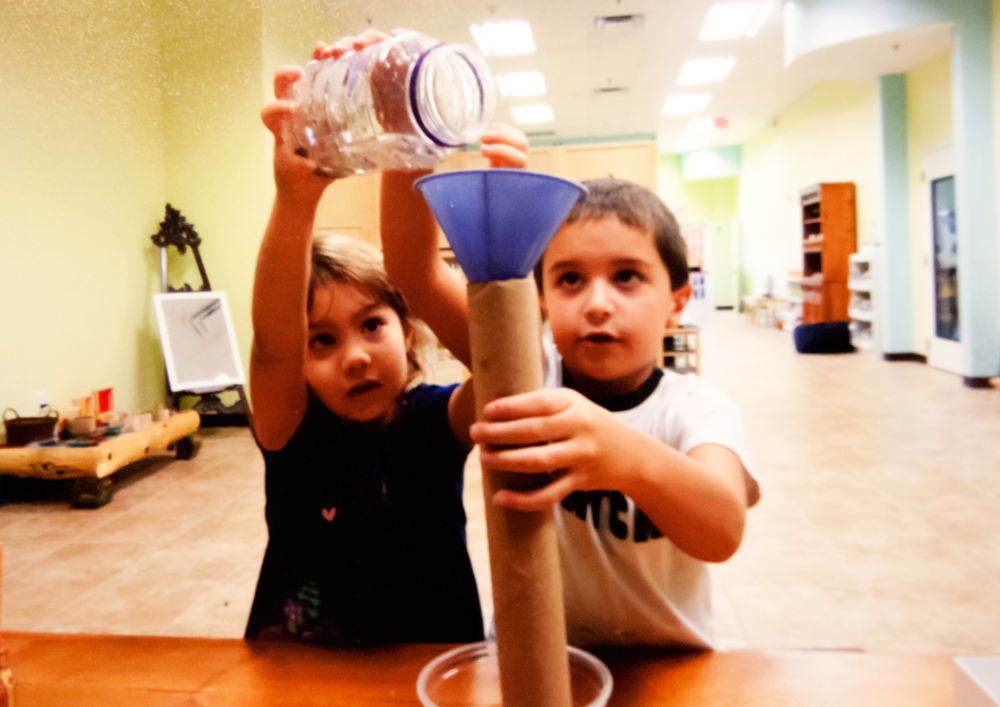Reggio Emilia inspired curriculum is an innovative and stimulating approach to early childhood education which values the child as a capable, interactive, resilient, communicator, rich with wonder, and knowledge. Every child brings deep curiosity and potential; and this instinctive curiosity drives their interest to understand their world and their place within it. The Reggio Emilia approach is centered on certain fundamental values about how children learn. These fundamental core values include:
 Our teaching is both collaborative and evolving. Children learn from their interaction with teachers, but teachers also learn – they understand more about how children learn, and therefore become better teachers.
Our teaching is both collaborative and evolving. Children learn from their interaction with teachers, but teachers also learn – they understand more about how children learn, and therefore become better teachers.
Parents through their interactions with activities at CIJS discover more about children’s education, and in turn, become more skilled at providing experiences that children benefit from best. As CIJS becomes a more and more integral part of the community, children benefit from taking part in this broader context, and ideally the community better understands the needs of children.
In this way we grow and evolve together, and children benefit. Parents are encouraged to take part in children’s activities and are always welcome at CIJS. This illustration shows how children, faculty, parents, and community influence each other’s ideas and learn in the process.
At CIJS we build on children’s natural curiosity by teaching through application of the Scientific Method (making assumptions about the way the world works and then experimenting to check them out). Topics for study are captured from dialogue with children, through community or family events, as well as known interests of children (puddles, shadows, dinosaurs, etc.). Teachers engage in skillful questioning that elicits children’s own questions, provokes their curiosity and leads them to make testable predictions. Through testing children confirm their predictions or not.



At CIJS this method of teaching is woven throughout every child’s day—all day every day. Learning is not a separate activity that children sit down and “do.” Learning happens naturally and meaningfully. Children gain knowledge based on true comprehension that lasts a lifetime and that can be applied usefully and productively.
Lessons integrate subjects in a meaningful way, rather than artificially isolating them. Literacy and pre-literacy, social studies (history, civilizations, geography), and math are taught through hands-on activities and projects. Projects are in-depth studies of concepts, ideas, and interests which arise from the children. Considered as an adventure, projects may last one week or could continue throughout the school year. Throughout a project, teachers help children make decisions about the direction of study, ways in which the group will research the topic, methods to demonstrate and showcase the topic, and selection of materials needed for the work. Children act as researchers, guided by their teachers to find answers to their questions.
Teachers observe and document the daily life of the school to make learning visible. They use a variety of documentation methods, such as cameras, movie recorders and journals, to track children’s thoughts and ideas as they play together or work on projects. Each child has a journal, including photographs of their projects, quotes, artwork and writing samples. This forms a story of what the child learns at school.
Because children at CIJS learn through their own experiences, they retain what they learn and are able to apply it in real-world situations. They also find out that learning is fun, and become self-motivated. As children continue with their education, they have the knowledge-base and motivation to succeed.
CIJS meets state standards through documenting children’s performance, rather than through forced testing. Teachers record children’s verbalizations, collect their work, and video tape their performance in order to document the development of their skills. Children are not subjected to the pressure of testing, and their level of performance is assessed accurately.